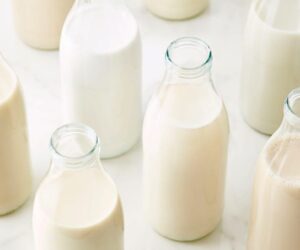Eggs are like magic. They are among the most commonly used ingredients in cooking. Eggs help baked goods rise, they bind ingredients, lend moisture, and add richness to the dish. Yet, not all people can/will use them. For example, vegans, people allergic to eggs, and those who stick to an eggless diet avoid eggs. What can you use as a substitute for eggs in cakes? Can you get the same flavor?
Well, eggs are among the most versatile ingredients. In baking, you can hardly imagine a recipe without eggs. Nearly every recipe calls for them. So what can vegans and people allergic to eggs do?
Fortunately, they can try different egg alternatives for cakes. There are plenty of replacements on the market.
In any baking detective work, the first thing you need to find out is the role of the ingredient. What do eggs do in baking? Simply put, they add richness and creaminess to the recipe.
Luckily, we can replicate that. Just remember, consider the flavor of your recipe. For example, if you want a dainty and delicate recipe, do not use substitutes like banana and flaxseed that can overpower and overwhelm the flavor.
Why do we use eggs in baking?
Let’s go deeper into the role and purpose of eggs in baking. Why do we use them? Well, eggs serve several purposes. For starters, they contribute to the structure, flavor, and consistency of the baked goods. Here is how they do it.
- Eggs help combine ingredients and hold them together, giving the food its structure
- Leavening, or trapping pockets of air in foods, causing the food to expand during heating. Eggs help foods puff up or rise, giving baked goods volume, and airy texture
- Eggs add moisture to the recipe thanks to the liquid in it
- Last, but not least, they add flavor and appearance, carrying the flavors of other ingredients and brown when exposed to heat
Why some people replace eggs in baking recipes?
In the same way there are many reasons to use eggs in baked goods, there are reasons to avoid them as well. Here are some.
Let’s start with egg allergy. Do you know what is the second most common food allergy in infants and young children? Eggs.
The good news is that more than half of children outgrow the allergy by three years old. More than two-thirds outgrow it by the time they are five.
But as infants, they might have an allergy to eggs. And some remain allergic their entire lives.
Another reason is following a vegan diet. This type of diet eliminates meat, dairy, eggs, and any other animal products. Vegans completely avoid animal products. Some do it because of health purposes. Others because of environmental concerns. And of course, some do it because of ethical reasons regarding animal rights.
So, now let’s take a look at some of the most common alternatives and substitutes for eggs.
10 Egg Substitutes for Cake
1. Applesauce
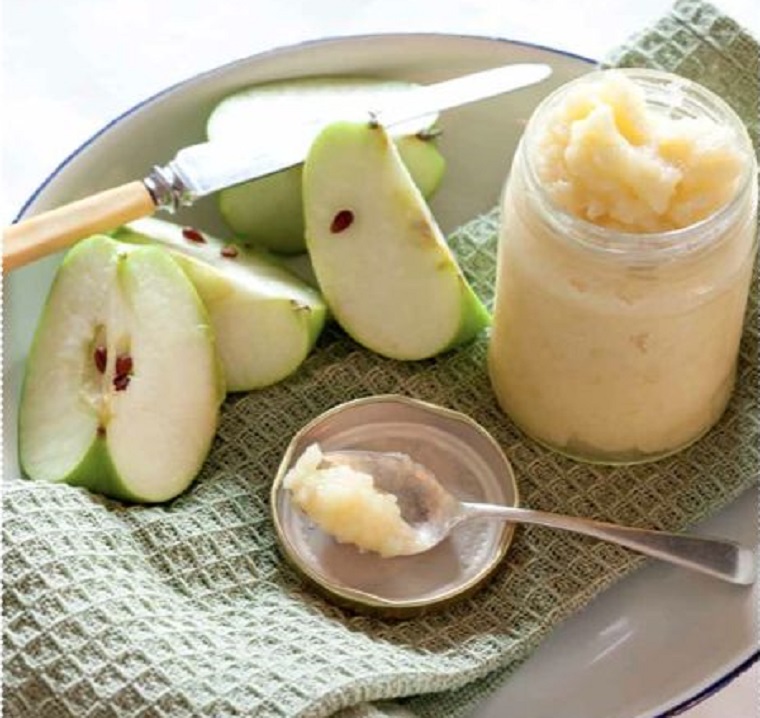
What is applesauce? It is a puree we make from cooked apples. It has a sweet flavor, and some cooks even add spices like nutmeg and cinnamon to applesauce.
You can use it to replace eggs by using 65g (1/4cup) per one egg in the recipe. When you use it as an egg alternative, stick to unsweetened applesauce. Reduce the amount of sugar in the recipe if you use sweetened applesauce. Works best for muffins, brownies, and cakes.
2. Mashed Banana
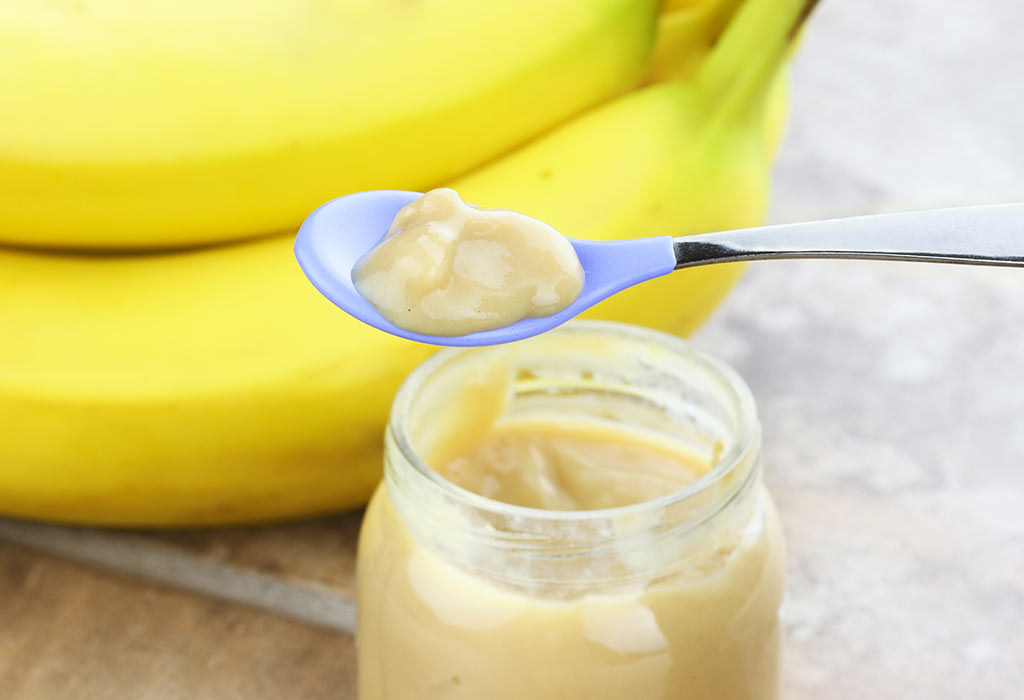
Here is another puree recipe you can use instead of eggs. The only downside? Your end product might have a mild banana flavor. You can try other pureed fruits like pumpkin and avocado. They do not alter the flavor as much as a banana.
Same as with applesauce, use ¼ cup of puree per one egg in the recipe. Your baked goods might end up brown as deeply, but they will you will get a dense and moist end result.
Banana puree works best in quick bread, cakes, and muffins. Remember, do not use very ripe bananas. They will dramatically increase the sweetness of your recipe and might create a rubbery texture.
3. Mashed Avocado
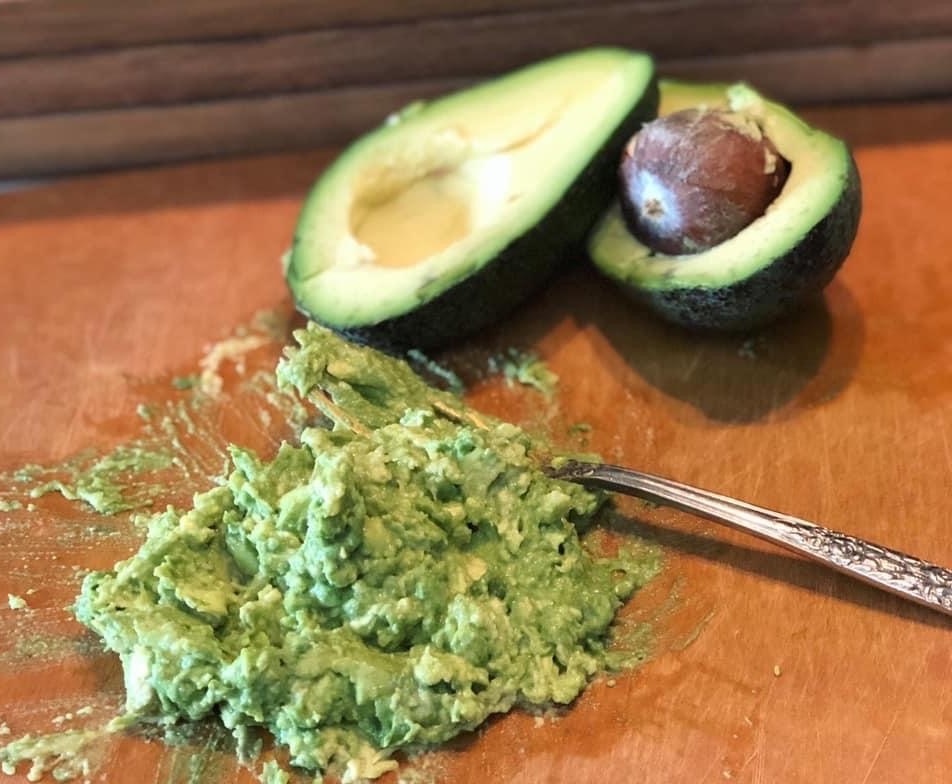
We mentioned avocado puree before. Any avocado can step in as an egg substitute. But works best in baked goods when you need moisture. Think of brownies for example.
Mash the avocado until you get a smooth density. Use ¼ cup of mashed avocado per one egg.
4. Vinegar And Baking Soda
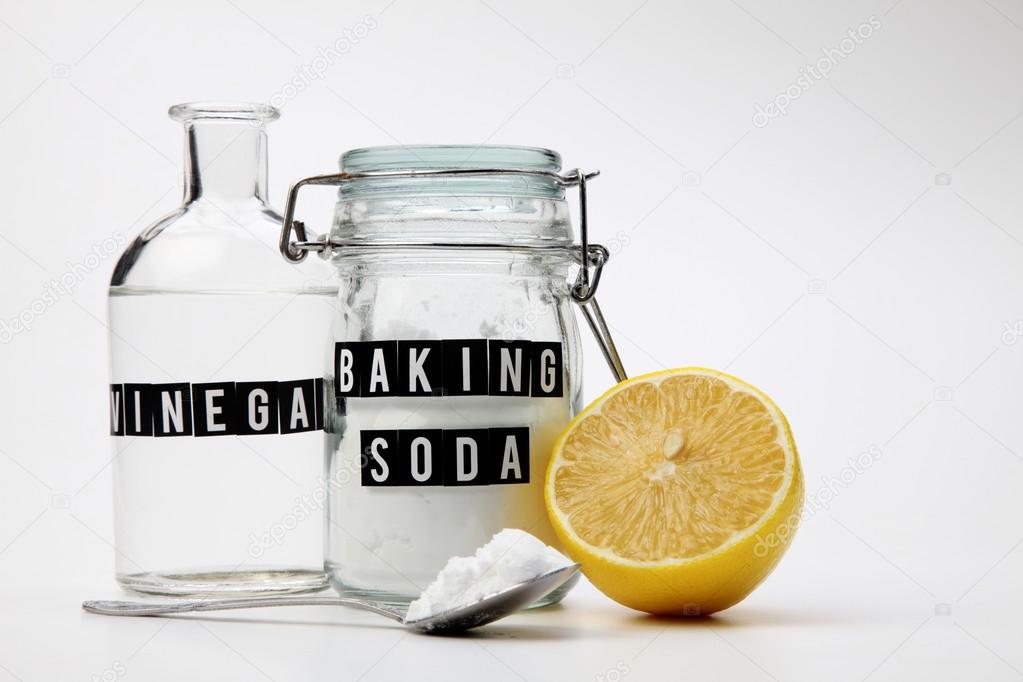
You can use either apple cider vinegar or distilled white vinegar. Mix 1 tablespoon of vinegar and 1 teaspoon of baking soda per one egg in the recipe.
This combo works in batters where eggs serve the role of primary leavener. Your recipe will bubble up the same way as with eggs.
When you want to use this mixture, combine it separately first. And then add it to the recipe. Works best in cakes, quick breads, and brownies.
5. Flaxseeds Or Chia Seeds
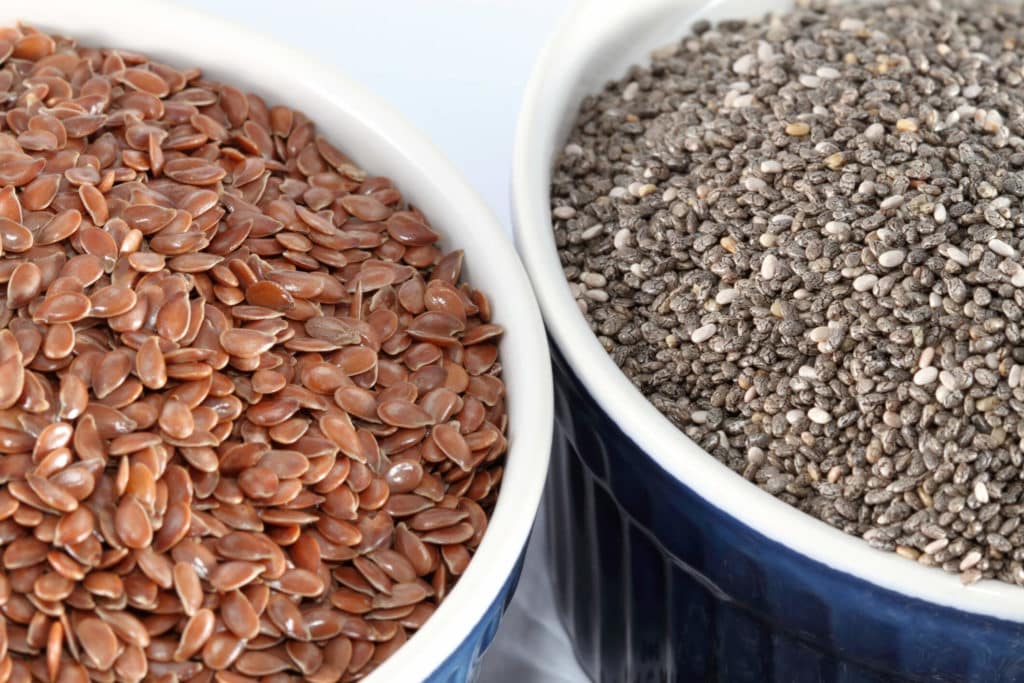
Vegans call this substitute “flegg”. You can make it by mixing 3 tablespoons of warm water and 1 tablespoon of finely ground flaxseeds or chia seeds. After 10 minutes of standing time, you can use it for one egg in the recipe.
You end up with a viscosity similar to egg whites. Remember, use warm water. With cool water, you need to wait longer for the mixture to thicken.
Both seeds are highly nutritious. High in omega-3 fatty acids and fiber, these seeds will give your recipe even more healthy properties.
You can grind them yourself, or buy ground seeds from the store.
Just remember, this alternative makes your baked goods heavy and dense. You will also get a nuttier flavor. We recommend using it in pancakes, muffins, waffles, and bread.
6. Buttermilk
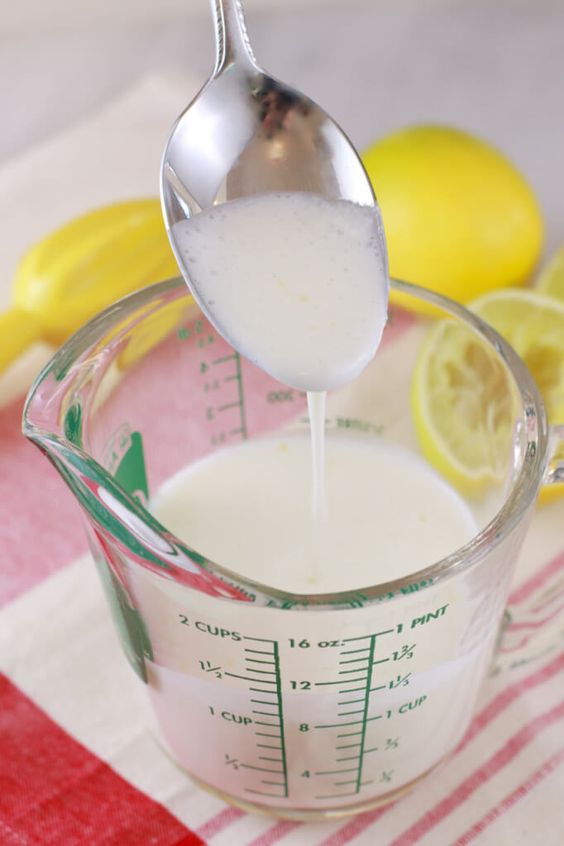
Buttermilk is an ideal substitute for eggs in cakes. You just add ¼ cup of buttermilk per one egg to the recipe. It works as a leavening agent. Buttermilk binds the ingredients and adds moisture to the final recipe.
7. Silken Tofu
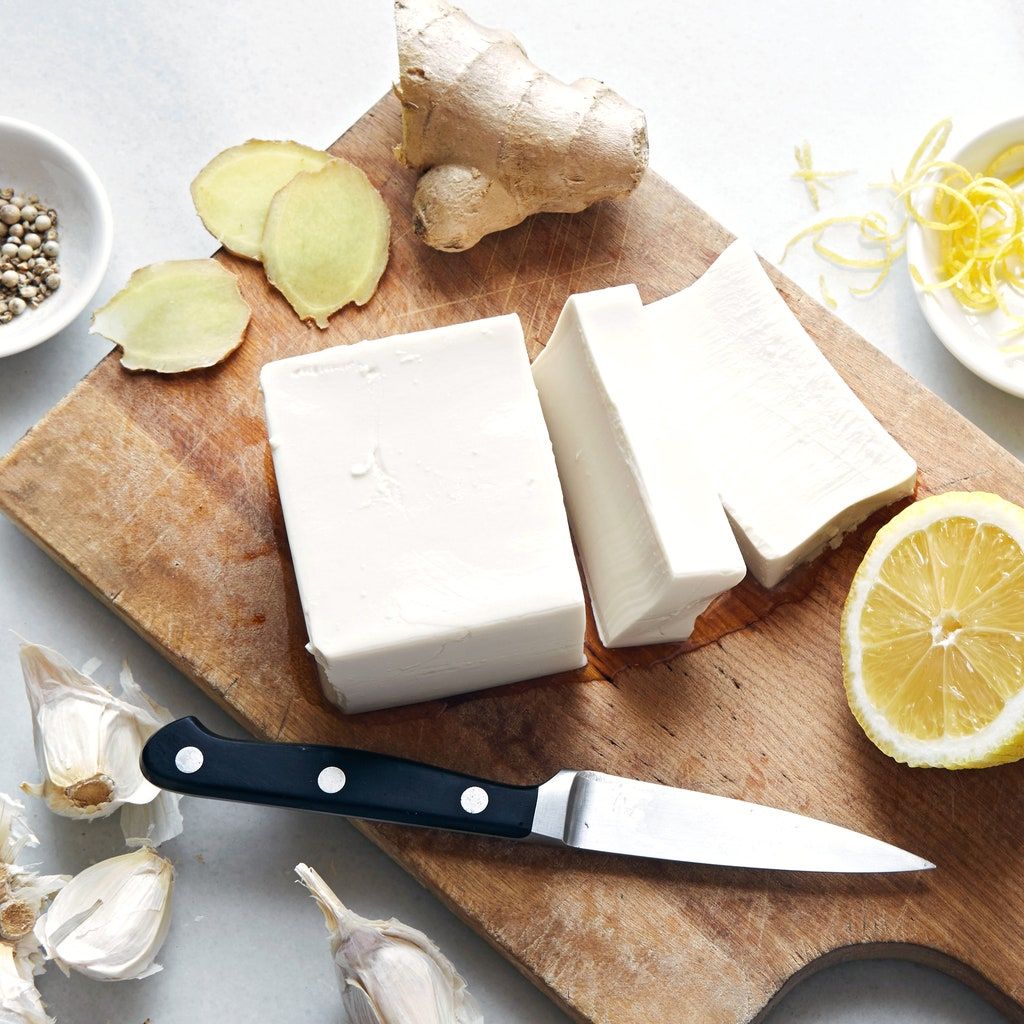
Tofu is a condensed soy milk product. Manufacturers process it and then press it into solid blocks. The texture can vary depending on the water content. The more water manufacturers press out, the firmer the tofu.
Remember, silken tofu has high water content. That means it is softer in consistency. When you replace eggs, use a ratio of ¼ of a cup of silken tofu per 1 egg.
Relatively flavorless, this ingredient can make baked goods dense and heavy. Use it in brownies, cookies, and quick bread.
8. Yogurt
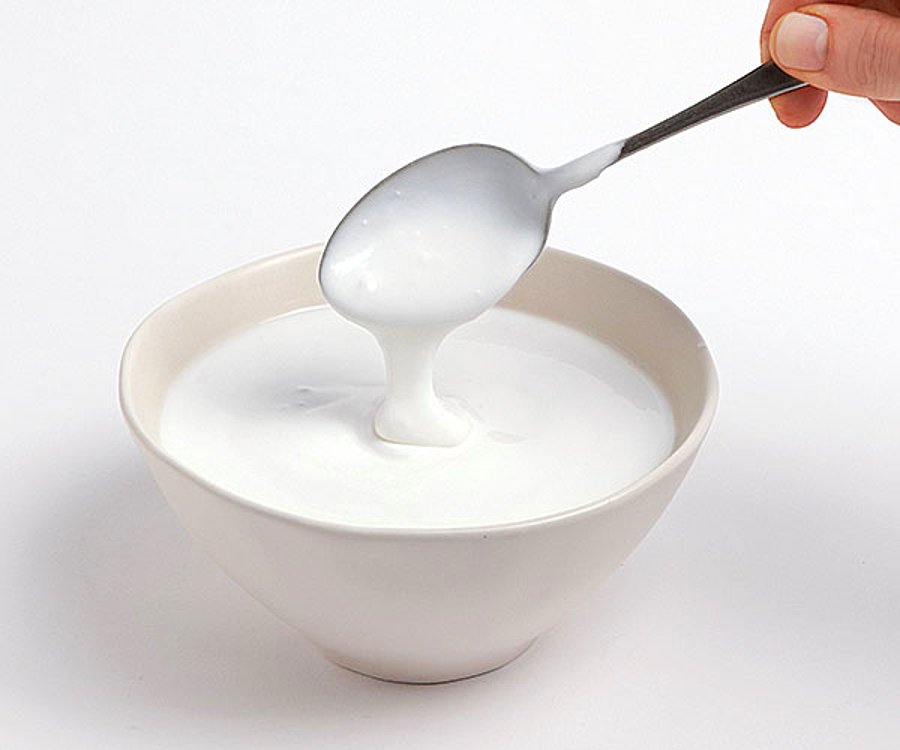
When you use yogurt, stick to plain yogurt. Flavored and sweetened versions may alter the flavor of your end recipe.
We recommend using ¼ cup of yogurt for each egg in the recipe. Works best for muffins, cakes, and cupcakes.
9. Aquafaba
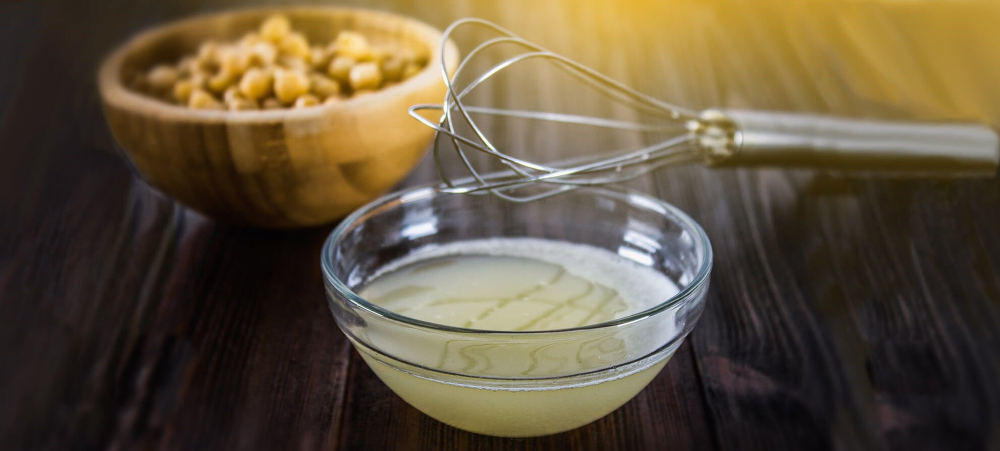
What is aquafaba? It is the chickpea cooking liquid. You can use the liquid from cooking beans or from a can of beans. It is among the popular egg substitutes because it contains proteins, carbs, and other soluble plants.
Aquafaba mimics eggs by binding the ingredients and thickening the recipe. This ingredient can make muffins chewy and dry. But if you have no other option, you can give it a try.
10. Arrowroot Powder
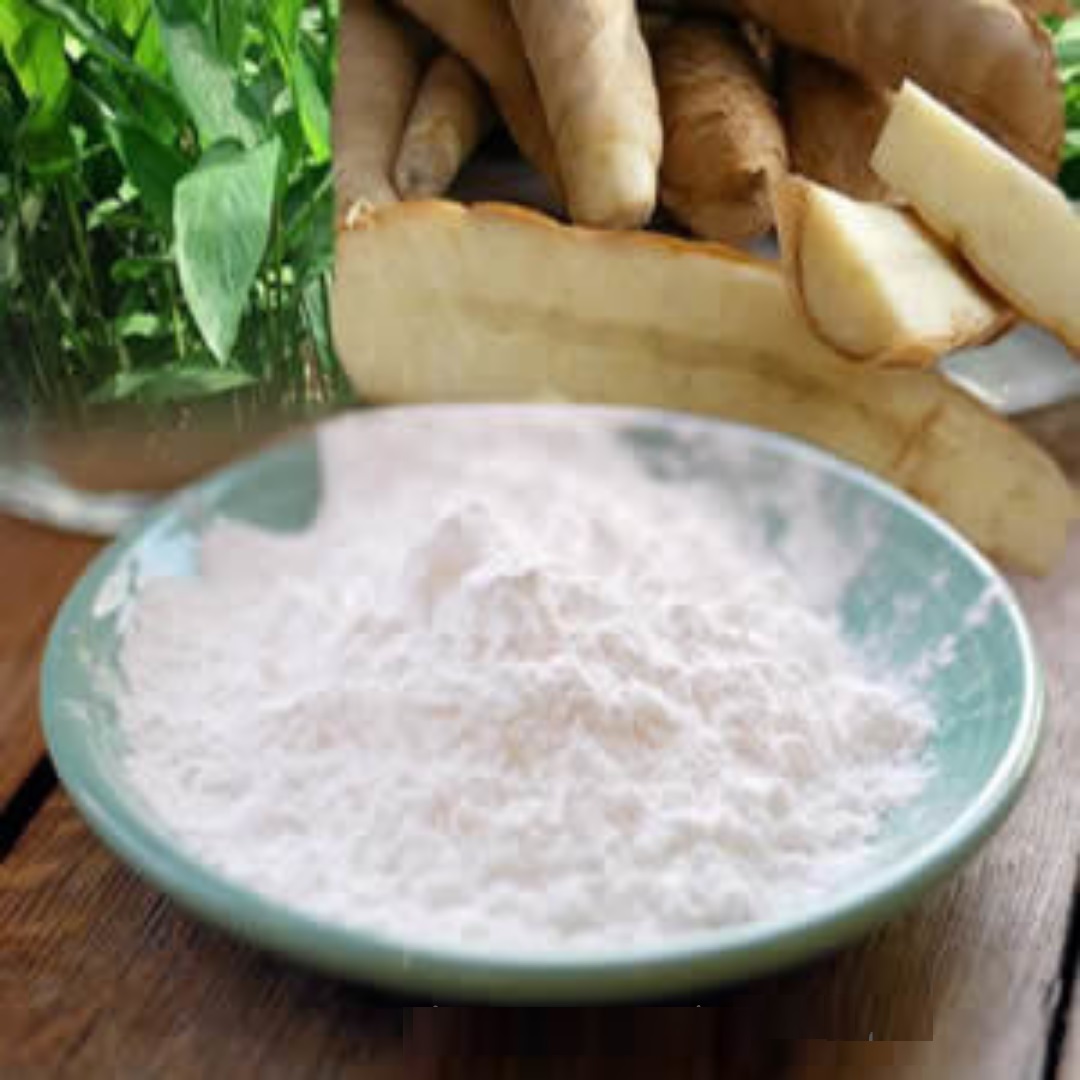
Here is another replacement we suggest using only in dire need. You can end up with dry muffins, so do not use it regularly.
For substituting eggs, we recommend using 2 tablespoons of arrowroot powder and 3 tablespoons of water per one egg.
Mix water and powder first to form a slurry, and then add it to the recipe.

